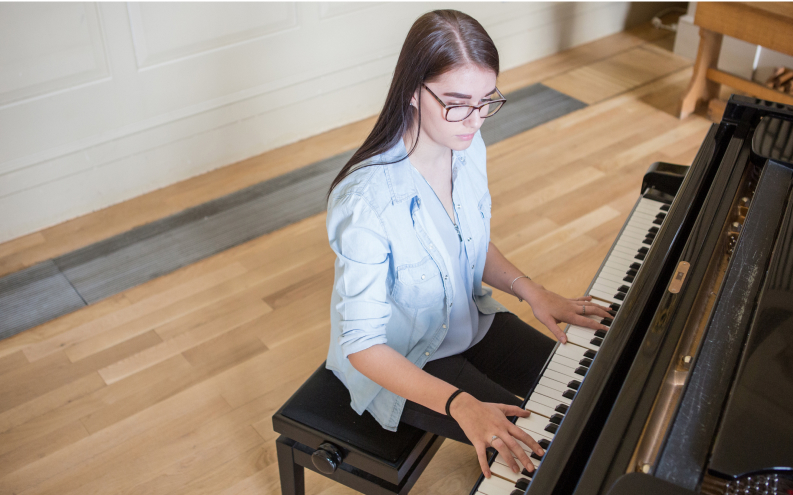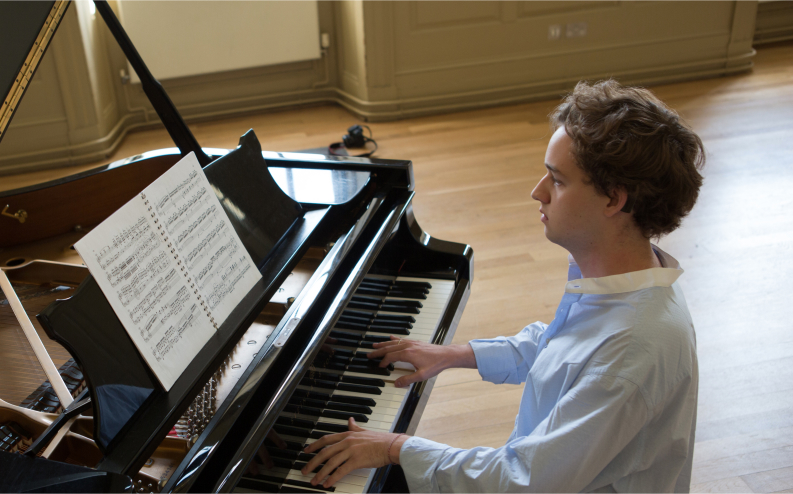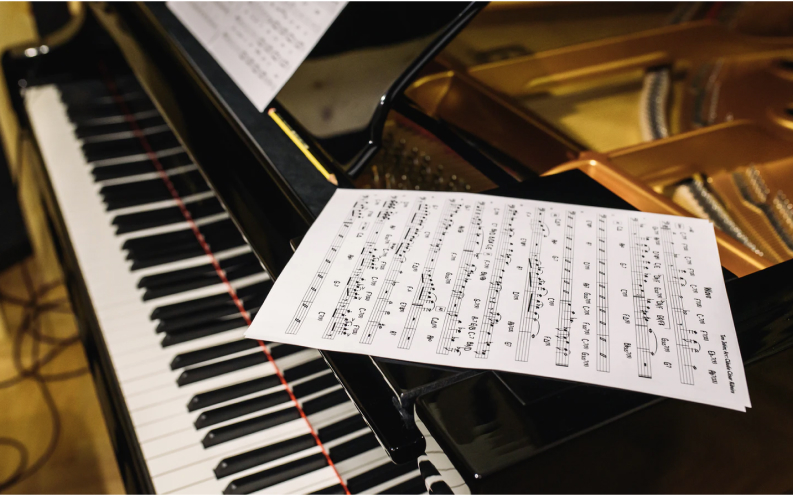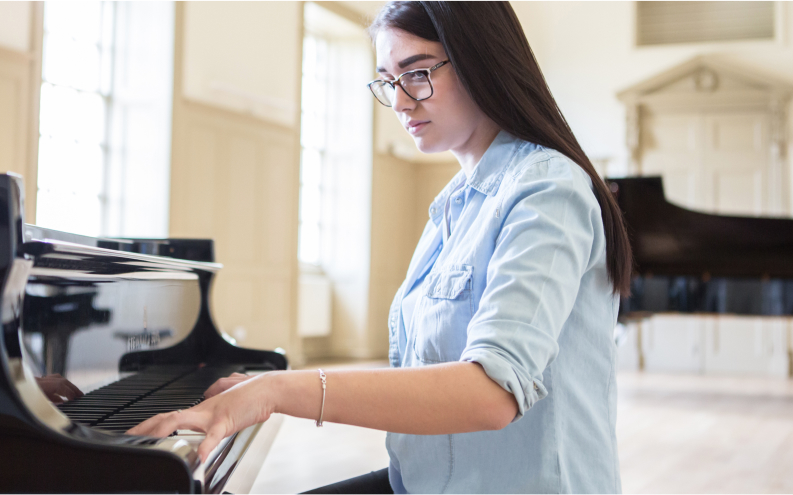List practice points and ask students to tick every time they practise that skill or piece.
Janice Gow
Private teacher
- DOWNLOAD FREE PIANO 2023 RESOURCES
- REPERTOIRE SAMPLE BOOKLET
- PIANO PODCAST SERIES
- PIANO 2023 SYLLABUS
DOWNLOAD FREE PIANO RESOURCES & THE PIANO 2021-2023 SYLLABUS




